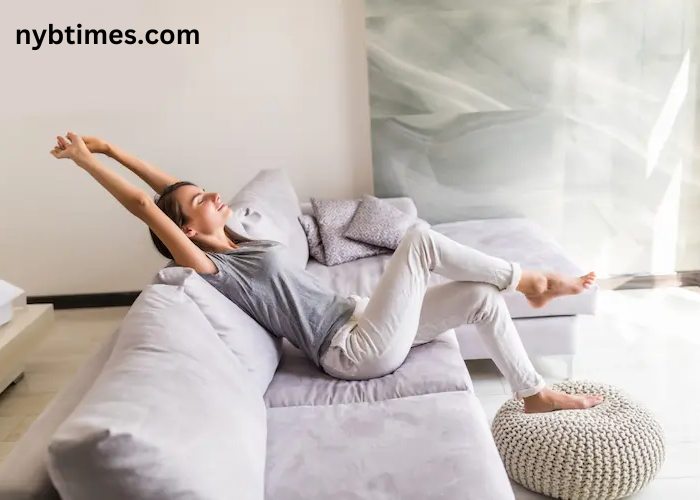In today’s fast-paced world, the constant bombardment of information, consumerism, and responsibilities can often leave us feeling overwhelmed and stressed. Amidst this chaos, minimalism has emerged as a refreshing antidote, offering a pathway to a more meaningful, focused, and contented life. But what exactly is minimalism, and how can it lead to greater happiness? Discover the world of DSLAF on our website. Explore a wide range of information, resources, and services related to DSLAF in one convenient place. Join us today!
Understanding Minimalism
Minimalism is more than just decluttering your home or having fewer possessions. At its core, minimalism is about intentionality—living with purpose and making conscious choices about what adds value to your life. It’s a philosophy that encourages you to strip away the excess in order to focus on what truly matters, whether it’s relationships, personal growth, or simply enjoying the present moment.
The Benefits of Minimalism
1. Reduced Stress and Anxiety
One of the most immediate benefits of minimalism is a reduction in stress and anxiety. Clutter, whether physical or mental, can be a significant source of stress. By eliminating unnecessary items and distractions, you create a more serene and orderly environment. This physical space often translates into mental clarity, allowing you to focus on what’s important without feeling overwhelmed.
2. Greater Financial Freedom
A minimalist lifestyle also leads to more mindful spending. By prioritizing quality over quantity and avoiding impulse purchases, you can save money and reduce financial strain. This financial freedom opens up opportunities for experiences and investments that bring lasting joy and satisfaction, rather than short-lived gratification from material possessions.
3. Enhanced Focus and Productivity
With fewer distractions, you can better concentrate on your goals and passions. Minimalism encourages you to eliminate the non-essential, making room for activities and pursuits that align with your values and aspirations. This enhanced focus can lead to greater productivity and a more fulfilling life.
4. Improved Relationships
By prioritizing meaningful interactions over superficial connections, minimalism can strengthen your relationships. When you’re not preoccupied with accumulating and maintaining material goods, you have more time and energy to invest in your loved ones. This intentional approach to relationships fosters deeper, more genuine connections.
How to Embrace Minimalism
1. Start Small
Begin your minimalist journey with small, manageable steps. Choose a specific area of your life or a room in your home to declutter. This could be your wardrobe, kitchen, or even your digital space. The key is to start somewhere and gradually build momentum.
2. Evaluate Your Possessions
Take inventory of your belongings and ask yourself whether each item adds value to your life. If it doesn’t, consider donating, selling, or discarding it. Remember, the goal is not to get rid of everything but to keep what truly matters.
3. Be Mindful of New Acquisitions
Adopt a more deliberate approach to acquiring new items. Before making a purchase, ask yourself if it is necessary and if it aligns with your values. This mindful consumption helps prevent clutter from accumulating again.
4. Simplify Your Schedule
Minimalism isn’t just about physical possessions; it also applies to how you spend your time. Evaluate your commitments and consider letting go of activities that don’t contribute to your well-being or align with your priorities. This will free up time for the things that truly matter.
5. Focus on Experiences Over Things
Invest in experiences rather than material goods. Experiences create lasting memories and often bring more joy and fulfillment than tangible items. Whether it’s traveling, learning a new skill, or spending time with loved ones, experiences enrich your life in meaningful ways.
6. Practice Gratitude
Cultivate a habit of gratitude to appreciate what you have rather than constantly seeking more. Regularly acknowledging the positive aspects of your life can shift your focus from what’s lacking to what’s abundant, fostering a sense of contentment and happiness.
Conclusion
Embracing minimalism is a journey, not a destination. It requires continuous self-reflection and adjustment, but the rewards are well worth the effort. By simplifying your life and focusing on what truly matters, you can reduce stress, enhance your well-being, and ultimately find greater happiness. Minimalism isn’t about depriving yourself; it’s about creating space for the things that bring genuine joy and fulfillment. So take that first step towards a simpler, more intentional life, and discover the profound impact minimalism can have on your overall happiness.








Leave a Comment